|
The CSA brings back a sense of that nostalgia for me but with a new experience too
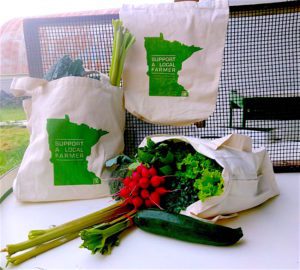 Now is the time to sign up for a HAFA CSA share! If you still have lingering questions about it, here are some answers from Oskar, a 2016 CSA member.
Now is the time to sign up for a HAFA CSA share! If you still have lingering questions about it, here are some answers from Oskar, a 2016 CSA member.
Tell readers a little bit about yourself.
I am a Hmong-French American artist/organizer and I live in St Paul.
Why did you choose to participate in a CSA?
I love fresh food so fresh produce is key and I shop weekly to stock up. I figured why not invest that time and money in small farmers who really do depend on the support of the local economy and make a greater impact this way while still eating well.
Why did you choose the HAFA CSA in particular?
Growing up, farming was always a part of Hmong culture. My parents and relatives did farm whenever they could, using these prime skills to be more independent and getting access to familiar foods. It was a lot of hard work and a matter of food security. Although they were not commercial farmers, they would always harvest an abundance and share it.
Being a member of the CSA brings back a sense of that nostalgia for me but with a new experience too. The CSA gets me produce that my mom would use in her cuisine, especially now that I don’t live with my parents. I also get to learn first hand about what it really means to eat what is local and in season. I live in an apartment and don’t have the space, time or skills to garden properly, so in participating in the CSA, I feel like I am supporting local farmers as stewards of the land, local agriculture, and Hmong culture. I am reminded and have a renewed appreciation of how much work and dedication it takes to make fresh produce available. It’s the hands and knowledge of farmers that grow our foods. I don’t take it for granted.
How did you use your CSA?
Who did you share it with? How did you plan your meals around it?
I shared my CSA with family and friends, whether it was giving them some of the fresh produce or sharing meals and cannings made using familiar and new recipes. I tried lots of new flavors and even found some new favorites. I planned meals and snacks around the produce box each week. I was able to have more time to cook fresh food than being out shopping for ingredients, keeping my typical grocery shopping to a minimum.
What was your favorite meal you made with produce from the CSA?
I discovered that garlic scapes are delicious! I also loved making simple meals like sauteed water spinach with jasmine rice. Also, golden beets and small cucumbers made great additions for refreshing, delicious salads.
Why would you recommend the HAFA CSA to others?
The CSA is a great way to explore new flavors and creativity, support local farmers as part of Hmong agri/culture. Since I was wasn’t able to catch the farmers’ market as often with a busy summer, the CSA was really convenient. Finding certain produce consistently in grocery stores was sometimes a challenge and I was able to add them into my CSA box for a really great price once they became available. I also loved getting flowers in the box from time to time. I would say, it’s like getting to know what is local, but in a new way.
Hmong Tab Laj Farm: Two (and more) are better than one
 In the mid-2000s, two school-aged children, a newborn baby, a fulltime job, lack of rest and farming on land an hour away from home pushed HAFA member, Song Moua, to the verge of ending her family farm business.
In the mid-2000s, two school-aged children, a newborn baby, a fulltime job, lack of rest and farming on land an hour away from home pushed HAFA member, Song Moua, to the verge of ending her family farm business.
Song struggled to find a sense of balance with her family responsibilities and the farm business until her husband, Lenny Xiong, saw the importance of locally grown food and realized the farm business was more profitable than a fulltime job.
Now they both farm fulltime during the growing season, and their operation, Hmong Tab Laj Farm, brings them a sustainable livelihood doing the thing they are passionate about. Their kids are older and able to help out, and they’ve even leased 12-acres in Cottage Grove for another 10 years.
“We are happy to have this 10 year contract. It’s allowing us to increase our perennial production which  helps our income increase because we can sell more to the HAFA Alternative Markets Program.
helps our income increase because we can sell more to the HAFA Alternative Markets Program.
And now Song and Lenny are able to focus on financial aspects of their farm business instead of worrying about land access. Other aspects of the business that Song and Lenny wish to focus on this year including focusing on profitable crops and investing in equipment that will make their farm run smoothly.
The husband and wife duo have taken their knowledge gained from HAFA trainings this year and re-evaluated their farm business. They calculated their cost of production for each crop and decided to cut 40% of their crop varieties due to lack of profitability while still maintaining a healthy variety.
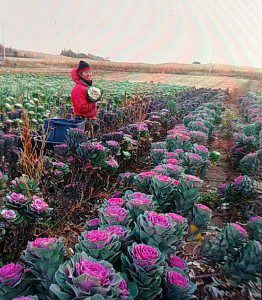 Their second goal is to prevent crop loss throughout the season.
Their second goal is to prevent crop loss throughout the season.
“We hope to extend our selling season through the winter and sell frozen strawberries and rhubarb. We also want to make fermented leafy greens.”
The family hopes to also launch their first packaged product this year through HAFA’s newly launched Value-Added Program. The program allows families to use a commercial kitchen to process and package their vegetables and sell it in a different form allowing for an additional form of income.
“I am thankful my husband joined me in the farm business because we wouldn’t be as successful as we are right now without the commitment of the whole family.”
LEDC Farmers Marketing Cooperative
Watch this great video about a project our wonderful partner and ally, the Latino Economic Development Center (LEDC), is working on! The Latino Economic Development Center (LECD) is a nonprofit business development organization that offers support to Latino entrepreneurs who want to create their own business in the Twin Cities and throughout rural Minnesota. LEDC’s immigrant and refugee business training programs and its agricultural development programs help ensure we are preparing the next generation of Minnesota farmers. Minnesota 2020 went behind-the-scenes to learn about this unique partnership between a community council and business development organization.
New partnerships, hope for sustainable Hmong farming businesses

Two years ago, the Hmong American Farmers Association (HAFA) began delivering five dollar bags of fresh, locally grown produce to St. Paul Public Housing residents. It was a pilot project to get nutritious produce to low-mobility customers as well as build additional markets that could help sustain Hmong American family farming in Minnesota.
Today, the effort has grown into a robust 12-week community supported agricultural (CSA) business with over 200 members across the metropolitan area. “When I get my CSA box filled with beautiful produce, I know that it’s the labors of a hard working Hmong farmer who is trying to support her family through farming,” says Anne Hunt, Environmental Policy Director in the office of Mayor Chris Coleman.
HAFA CSA subscribers receive their produce boxes at one of eleven workplace wellness programs in the Twin Cities metropolitan area, including both the Minneapolis and St. Paul City Halls.
A CSA is an agricultural business model in which members pay farmers in advance so that farmers can use the funds to jumpstart the costs of planting. In return, CSA members receive regular deliveries of fresh produce throughout the growing season.
“HAFA is so excited to partner with many institutions in the Twin Cities that care about healthy eating,” says Pakou Hang, Executive Director of HAFA.
The HAFA CSA sources produce from over 30 Hmong American farmers who live in the Twin Cities and are members of the organization.
For decades now, Twin Cities’ farmers markets have been known for abundant varieties of high quality produce grown by Hmong farmers. Yet Hmong farmers are seeing their ability to make a living selling produce at the farmers markets decline, due to the saturation of the farmers markets without a parallel growth in customers. The HAFA CSA is just one part of a three-pronged strategy HAFA has developed to build alternative markets that expand sales for HAFA farmers, while increasing access to locally grown produce for Twin Cities’ residents.
The second strategy is building partnerships with institutional buyers such as public school districts, preschool programs, private schools and colleges. And the third strategy is selling to distributors and retail stores such as Russ Davis Wholesale, Mississippi Market, Twin Cities Mobile Market and Lunds & Byerlys, where customers can find specialty produce like Brussels sprouts and purple string beans.
Two years ago, HAFA launched the Alternative Markets Program with just two institutional buyers. This year the Alternative Markets Program is projecting sales over $150,000, and sells Hmong farmers’ fresh produce to six retailers and nine institutions.
Read more about HAFA’s programs at: http://www.hmongfarmers.com/programs/.
The HAFA CSA: God Made A Hmong Farmer
Watch our new video God Made A Hmong Farmer and join the HAFA CSA today!
Many thanks photographers Darren Hauck, Wing Young Huie, Mike Kane and Mike Hazard for the beautiful images.

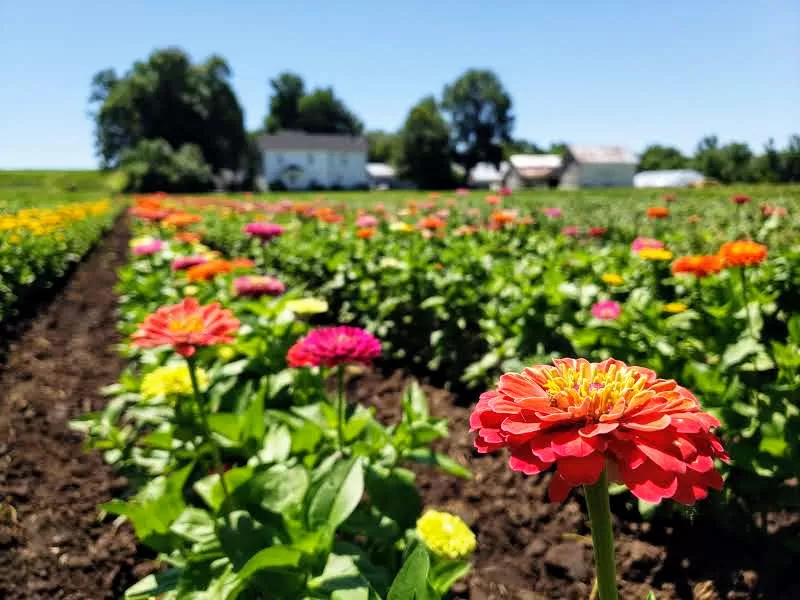








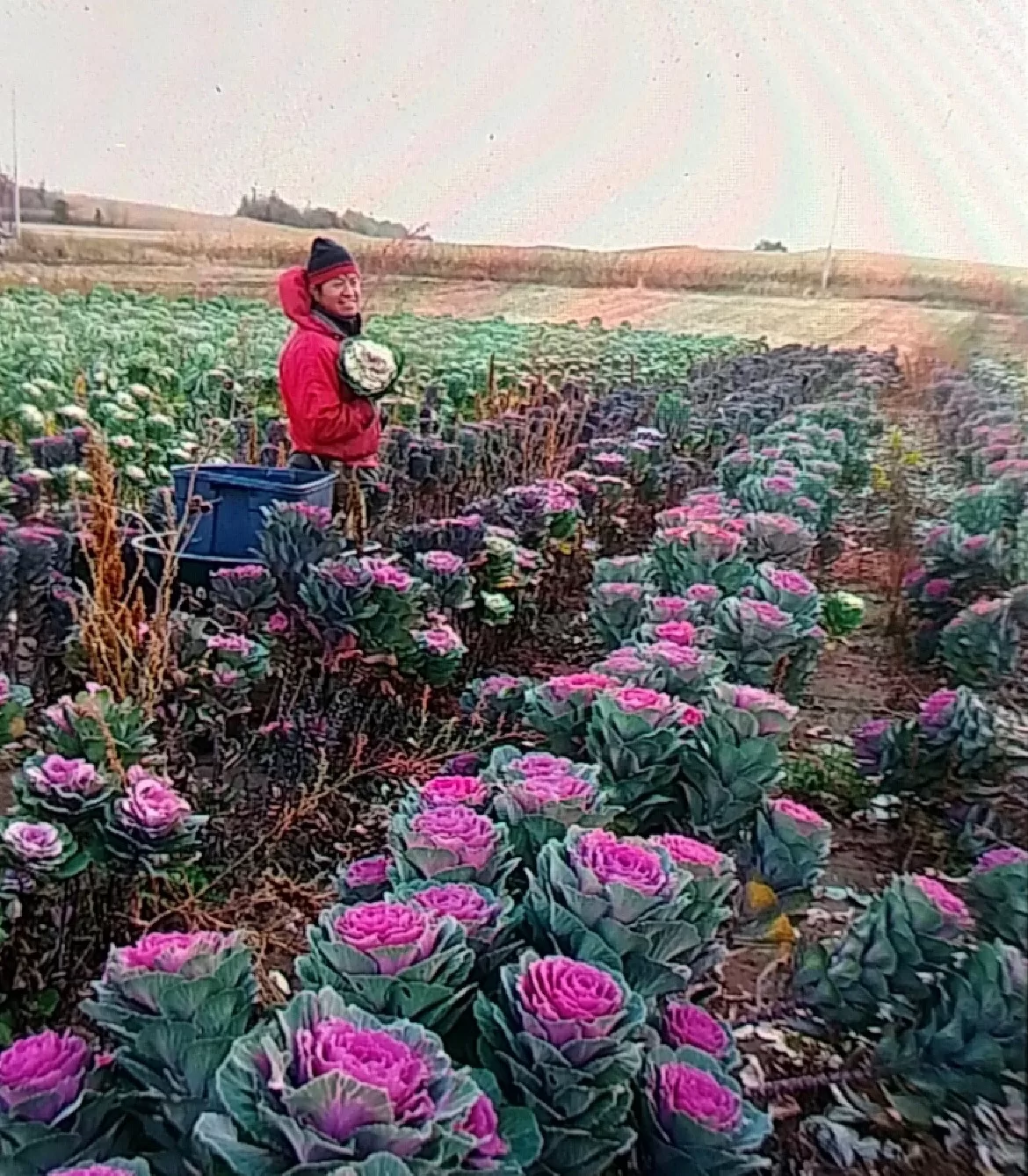
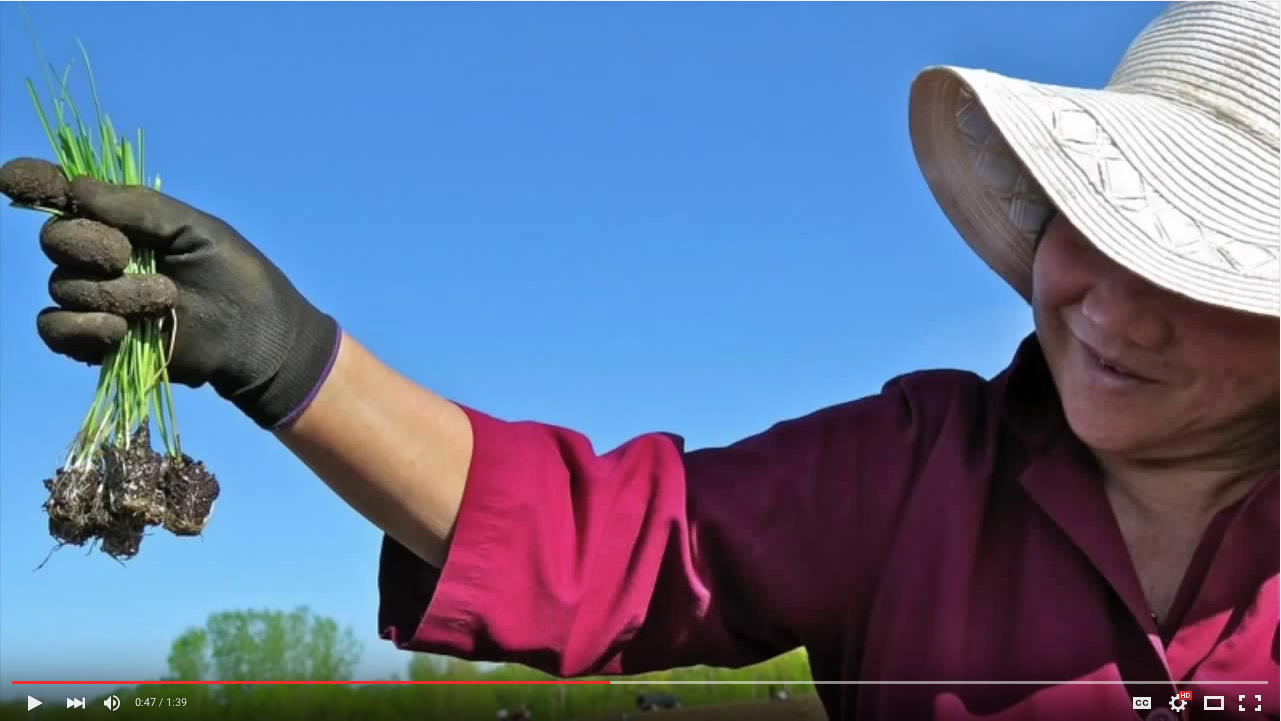
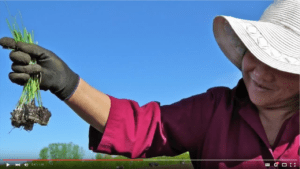
 We are dedicated to advancing the prosperity of Hmong farmers through cooperative endeavors, capacity building and advocacy. HAFA was started and is led by family farmers. Organizing is in our DNA.
We are dedicated to advancing the prosperity of Hmong farmers through cooperative endeavors, capacity building and advocacy. HAFA was started and is led by family farmers. Organizing is in our DNA.